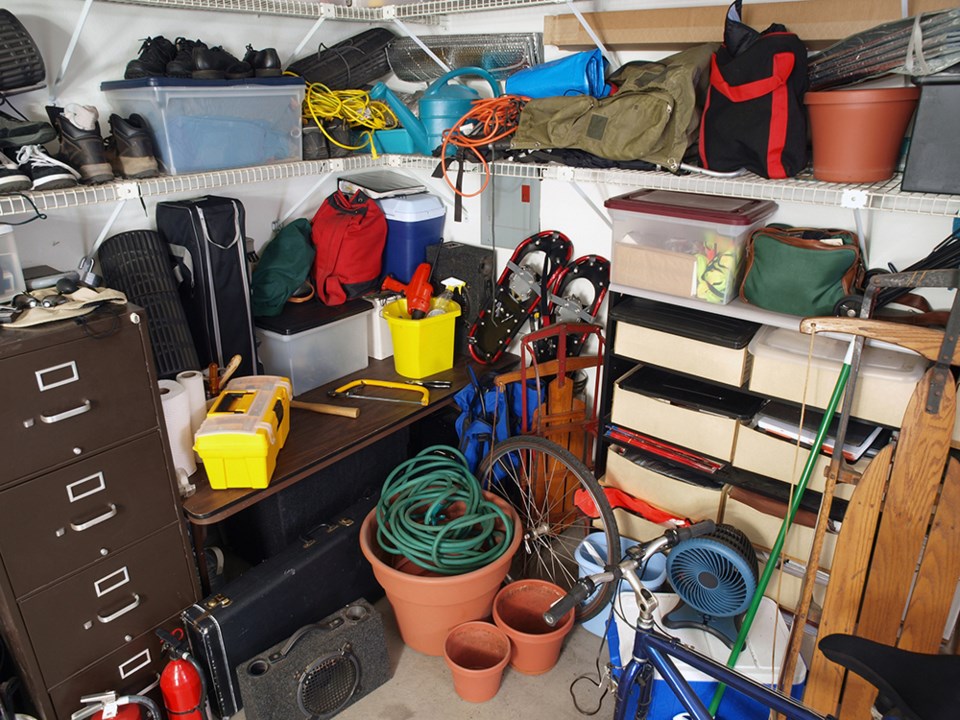For many people living in a cluttered space may provide a concealed purpose that unconsciously keeps them isolated and trapped.
As much as you crave the freedom from it, there is a strong impulse telling you that you need it. You might start organizing, but you never let yourself finish the job.
To find out if you have some hidden investment in staying disorganized, here are four questions that might bring you some clarity.
1. Does the thought of a clutter-free home make you feel anxious?
2. Do you buy things in large quantities?
3. Do you display everything you collect?
4. Do you think disorganization is the obstacle to your full potential?
Here are four psychological obstacles that might be holding you back:
Craving sanctuary
Some people use clutter as a protection shield, a barrier between themselves and the outside world. More likely, they experienced losses or trauma in life. When your disorganization gets so extreme that you won’t let anyone into your home or office, consider whether clutter becomes your secret accomplice in keeping you hidden.
Fear of scarcity
People who struggle with clutter sometimes have a deep-rooted need for volume. If this describes you, you like to surround yourself with lots of stuff, need it or not. You’re a great collector and the thrift stores are lucky to have you.
You may associate volume with a sense of fullness, comfort, security and identity. Your need for abundance can evolve from a childhood of deprivation or emptiness, where you never had enough food, clothing, or most important, love and acceptance.
Unclear goals and priorities
If being organized allows you to accomplish anything you want, and you have a challenge defining your goals and priorities, then it will be difficult to set up the organizing system that will support you.
Almost everyone experiences a lack of clarity in their lives. We might secretly know the life we want but are not sure if our parents, partner or friends will approve of it. So, we go through a life pleasing others and longing for the life we really want.
Sentimental attachment
Often, it’s hard for people to let go of the things they don’t use or need anymore because they fill them with enormous amounts of meaning. Their possessions come as a reminder of another time, person, or part of themselves that they feel will be lost forever if let go.
Sometimes, we project personality and emotions on our things based on where we got them, or who owned them before. Stories about our stuff are endless. I had a client who talked about her jacket like it was a living person.
“That jacket has been all over the world with me,” she said.
So asking her to part with it was almost impossible, even if the jacket was 30 years old.
When we keep too much stuff and memories from the past, we have very little time or energy to live in the present, which is what counts at the end. I will leave you with this quote: “A journey of a thousand miles begins with a single step.” ~ Lao Tzu
Ranka Burzan owns a professional organizing company based in Powell River and has written several books on reducing clutter and becoming more organized. For information, go to solutionsorganizing.com.



